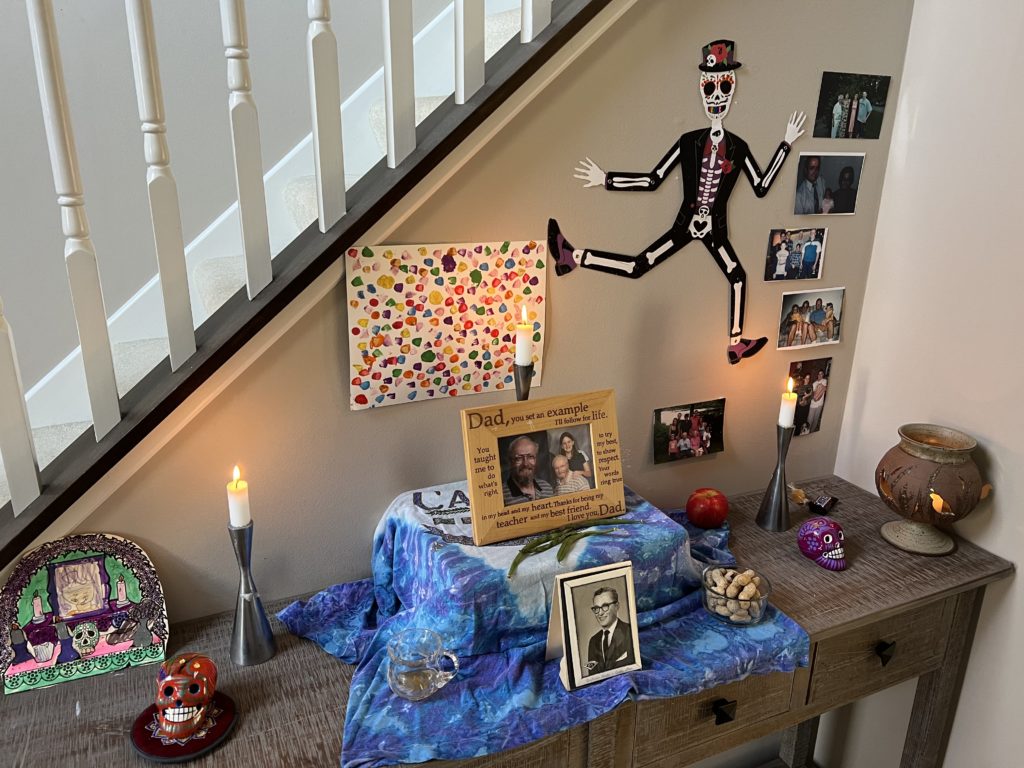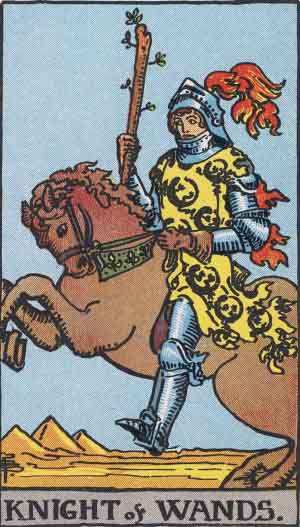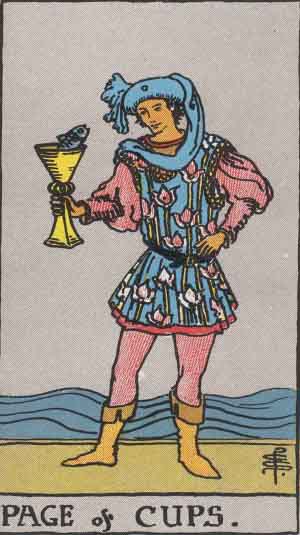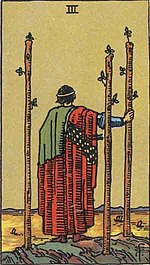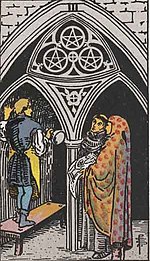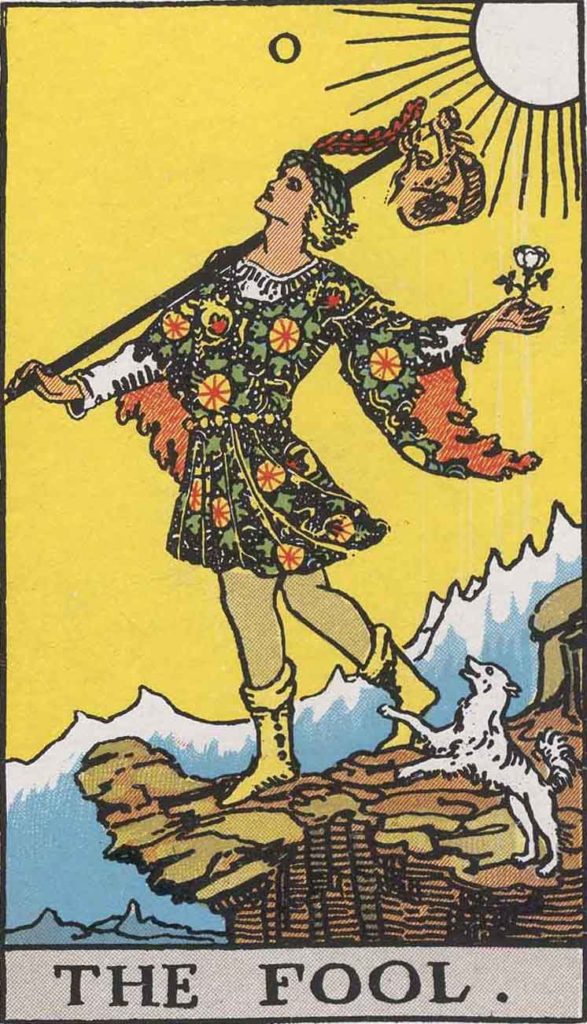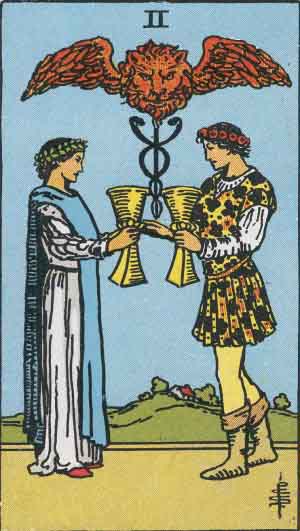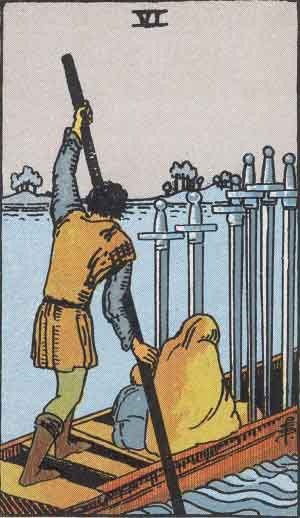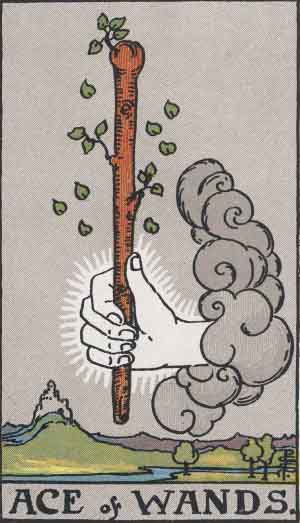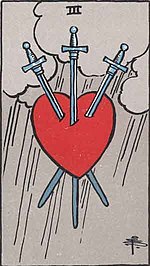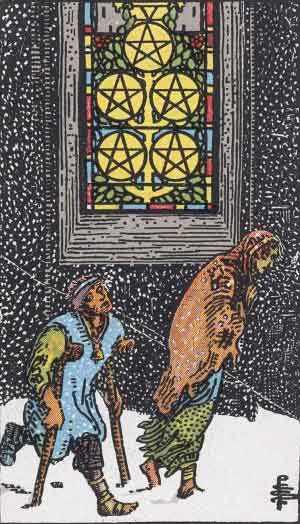I am in the constant work lately of analyzing my inner monologue. So much has already been said by meditation/psychology/spiritual/self-help folks on this subject (I have heard and read a decent amount of it), but on a very personal level I am finding myself analyzing my word choices. Specifically, I am reorienting my relationship with the word “should.” I have tagged it and red flagged it, like some pre-emptive “replace all” function with the word processor of that running voice in my head.
Should.
The primary definition (thanks, Google!) says: “used to indicate obligation, duty, or correctness, typically when criticizing someone’s actions.”
To me, it implies some judgment, or hierarchy on how I
*should* spend my time/money/resources,
*should* feel,
*should* relate to others,
what I *should* value.
*Should* I even be writing this when I *should* be cleaning the bathroom? Okay, fine, I can do what I want, but I definitely *shouldn’t* post this on internet/social media, because what if people take it the wrong way, or think of me in a way I don’t want them to? (As if I have this control!)
*Should* robs me of my autonomy, as if I don’t have agency over my life to make alternative choices.
I mentioned to Kevin once that “I have been shoulding all over myself this morning” implying that I was wrestling with my conditioned tendencies. I noticed immediately, upon saying it out loud, how it evoked the sound of another particular four-letter “sh” word. Upon noticing that, I saw the wisdom in that noticing— that living in the energy of *should* leaves me dirty, unwell, ashamed. If I were shitting all over myself some morning, I would want to, at a minimum, immediately change and wash my clothes, take a shower, and get clean! Probably would also want to see a doctor, to investigate if I am sick or need to evaluate my diet. Me “shitting all over myself” would be a sign from my body telling me I am unwell, and I am noticing that my “shoulding all over myself” is a sign from my mind/spirit that I am unwell (++See below++)
So I sit in it, when I am noticing the *should* energy creeping in I ask what the *should* is trying to teach me, and how it is challenging me to heal.
What do I actually want? What do I feel? What do I need? Where do I hurt? Can I see this *should* as a red-flag marking a conditioned tendency, some habit that has historically served me in some context? How can I resource myself to make a different choice?
How can I REFRAME my *should* to be more honest and more compassionate?
So much of my grief in my final months of teaching was around all that I thought I *should* be teaching my students, ways I *should* be conducting and pacing my class, etc. But now, I see that that “should” was an attempt to hide, to not be noticed, to not be caught “doing it wrong.”
I often thought:
“I *should* really catch up to the other Biology teachers”
In hindsight and further reflection, that *should* was really saying:
“I am feeling a lot of physical tension in my body around the fact that there is content we have not yet covered in class. The teacher that I am growing into is not the teacher that my preparation program churned out, and emotionally that feels overwhelming, confusing, isolating, and also very necessary. Additionally, I am perceiving social scorn from the comments and behavior of other teachers as well as students around how I conduct myself and our class. No part of me believes that what I am doing is “wrong” yet I am struggling with processing all the complexity that my transformation is bringing up.”
Since starting sabbatical, I have been “shoulding all over myself” with a chorus of:
“I should really figure out what comes next!”
That I am noticing is really saying:
“I am feeling untethered and scared that I am not (in the words of @PeoplesOracle) “selling my labor for currency.” Being conditioned by capitalism, which values production so highly, I am struggling to feel worthy if I am not producing. Deep down, I value the spaciousness and possibility of this time, but even deeper down, I struggle to “land safeness” and satisfiability (thanks, @CarmenSpagnola) to actually fully enjoy it.”
And yet, there is some guilt I still hold here. Through radical self-care I don’t believe I “deserve” a spacious sabbatical anymore than anyone else! So I think:
“I “should” be content with less than I have, I *should* just give it all away!”
Translation:
I am feeling intense discomfort that I bought into the lies that more money would bring more ease. As a white-bodied person conditioned into whiteness, I have not tempered and conditioned my nervous system enough to be able to metabolize the discomfort upon discovering that I am not yet living in integrity with my values, or in alignment with abundance. I am noticing an urgency to seek relief from the discomfort rather than take the time to heal the wound causing it. Yet I know I am called to explore what is “enough” (thanks, Toi Smith!), and believe deeply in the words of @peoplesoracle that “abundance is shared enoughness” so that to live abundantly, I need deep community. Yet I feel alone and ashamed that capitalism lied to me and I fell for it.
I am feeling tired, yet there is still so much more to say.
“I really *should* find a clever and/or cute way to wrap this up! End on a good note!”
Translation:
“I learned in school that we need a good conclusion to “grab” the audience and be “effective.” But I am not in school, nobody is grading me, and I am really only writing this for myself. I have gotten out of this what I needed, so I am going to choose to end it here.
————————————————————————————————–
++Hot Tip! Thinking of “should” as “a four-letter word” helps me discern when I can quickly reframe it as a “need”… if the energy behind it is “oh shit!” then I simply rephrase is as a “need.” This happens in those “adulting” moments such as:
“I should do the laundry” (Oh shit, no more clean underwear!) —-> “I need to do laundry”
“I should make dinner” (Oh shit, it’s dinner time and my kids are hungry)—> “I need to make dinner”
But notice how the above examples have a real urgency! Not all “adulting” is that way!
“I should clean the bathroom (Oh shit, the bathroom is dirty)….I need to clean it!!”
“I should tidy the family room (Oh shit, the family room is messy)….I need to tidy it” etc etc
Those “needs” not being immediately met aren’t going to threaten my family’s hygiene or have us go hungry! Can I invite in some choice here? Can I think of a time or manner where I may be more enthusiastic or motivated to complete that task? What are my preferences in *this* moment? Is that perceived “should/need” distracting me from some deep yearning I am afraid to reach for? Do I feel safer to stay in some autopilot of “I should/need” rather than creating the conditions necessary for it to be a little more enjoyable?
